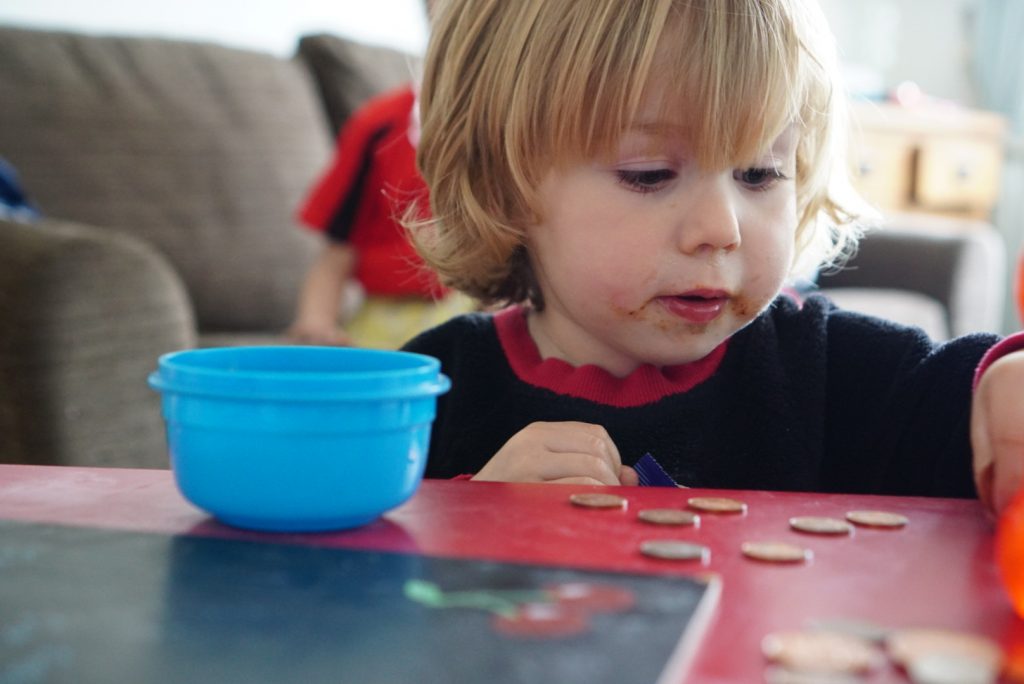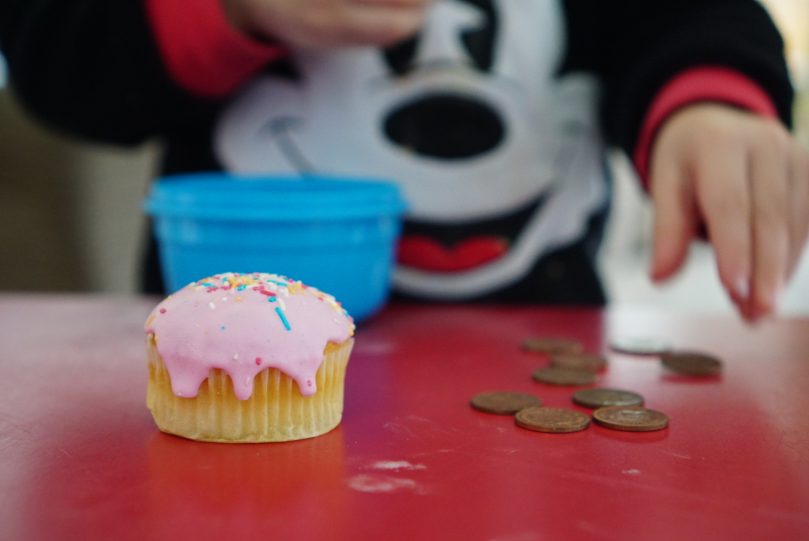Giving kids an early introduction to money is one of the most valuable things you can do for them, and most experts agree that the preschool years are the best time to start, when kids are most curious about the world and everything in it.
That said, it’s never too late. So even if your kids are older, you can start getting them more involved with money as they grow up, learning to manage pocket money and apply some basic accounting skills to everyday life.
Money Complexities
Money plays such a huge part in life, and some of the concepts are challenging for kids to understand. These include things like:
. – What money is used for and its role in society.
– How we earn it, save it and spend it.
– Money in its different forms, bank accounts, credit cards, paper or coins.
– How transactions are made, and items paid for.
And this is on top of understanding what money looks like, and the different values of coins or pieces of paper. When you’re introducing money concepts to toddlers, take it slowly and let it be a part of everyday life and playtime.
Understand the Value of Money
Try and include small children when you’re shopping with them. Let them handle a few coins and maybe pay for sweets or treats themselves. It introduces them to handing over money for things they want and can also help them learn that different coins have different values.
Understanding that not all coins have equal value is challenging. When children are old enough to recognise numbers, help them understand by looking at price tags and counting out money to see if there is enough.
You can include pretend transactions at home. Use role play games and toy shops to count money and start understanding its value. When playing counting games with toddlers you could show them numbers on coins to help them make the connection, as well as recognising the number shapes.

Include Different Forms of Money
Many of us don’t use cash so much anymore. Paying with a card can seem like no money has changed hands, so it’s important to talk about bank accounts and the role they play in helping us manage our money.
You can include conversations around these topics when you’re paying by card and your toddler is there. Soon they’ll understand that your real money is in the bank and the card gives the bank permission to pay the shop for the items you’re buying.
It might help kids understand about banks if they have a piggy bank for savings. You can explain the basic similarities between the savings pot at home and the bank away from home that keeps your money safe.
Teach Good Habits
Having a piggy bank also helps to teach children good money habits, such as saving up for the things they need and learning about delayed gratification – something else that’s difficult for children to do.
Opening bank accounts for children is a great idea, but it can be hard for them to ‘give their money away’ to the bank. Having a physical piggy bank where they can feel the weight and hear the rattle of coins reassures them their money is safe.
Talk About Earning Money and Going to Work
Most preschoolers grow up seeing their parents go to work every day. But do they really understand why parents must do this? Learning how money is earned helps them internalise money’s value and begin to grasp where it comes from. You can capitalise on toddlers’ natural instinct to want to help at home by rewarding them when they do.
When they understand about going to work and earning money, offering a few pennies for the piggy bank in return for ‘helping’ encourages them to personally make the connection. Paying kids to help around the house can be a little contentious, so it’s a personal choice. If you do, keep it light and make it a fun game. With toddlers, you’re rewarding the willingness to help rather than the finished result.
When kids grow up confidently handling money and understanding basic concepts, they’ll make sounder life decisions. They’ll understand the value of saving, be self-confident when working out interest payments on loans, consider career options they might otherwise have shunned, such as entering the world of finance or economics, or simply studying accounting.
By talking about money and playing money games with children while they’re very young, you’re taking the stress out of arithmetic too. You’re giving your kids the best start possible to help them grow into self-assured, financially aware adults.
This is a collaboration post

